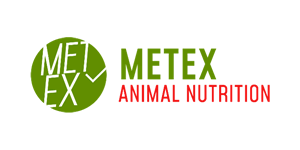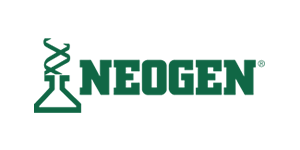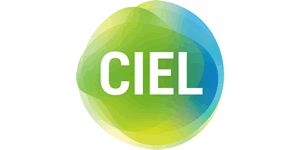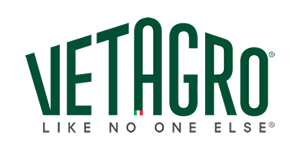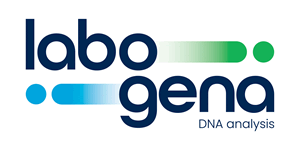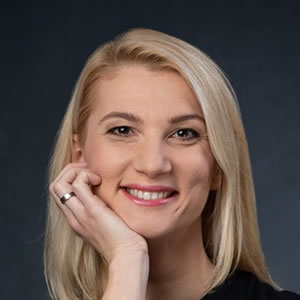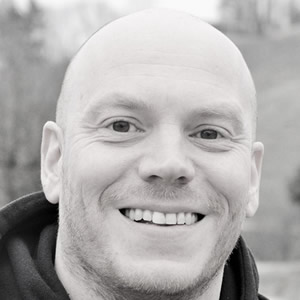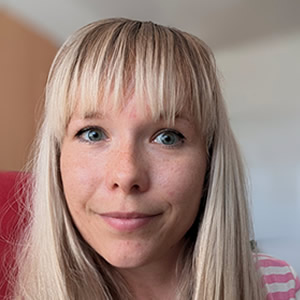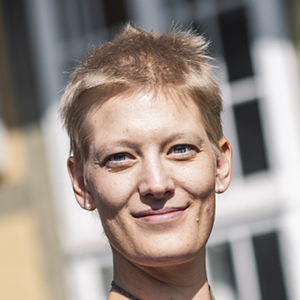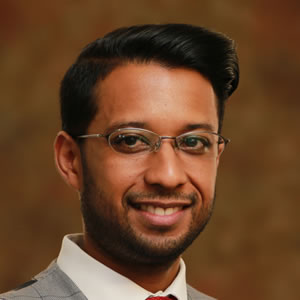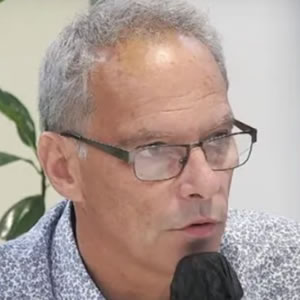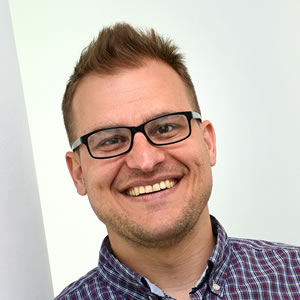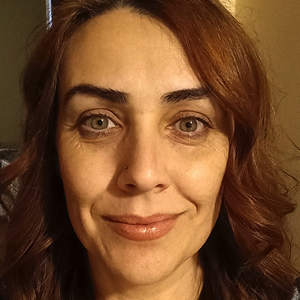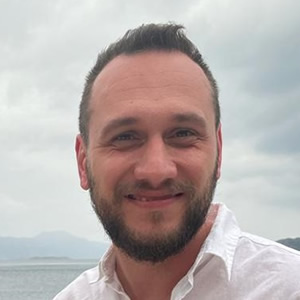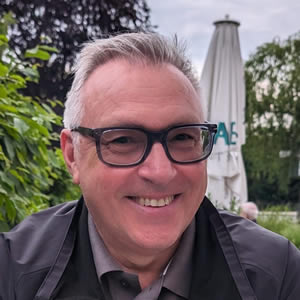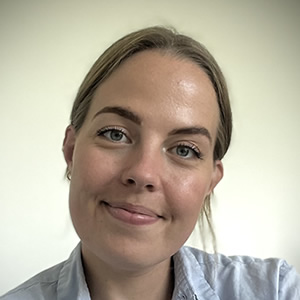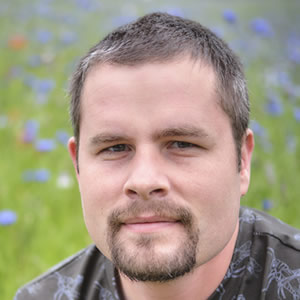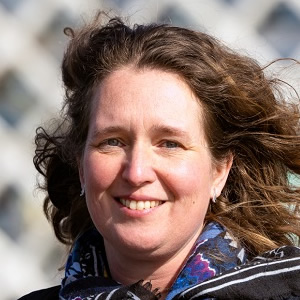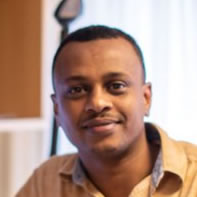Wednesday 29th January 2025
8:30 – 12:30 – Training 1 – Crash Course Quantitative genetics
Room: Conference Centre
Trainer:
14:00 – 18:00 – Session 1 Genetic diversity, population structure and inbreeding management
Room: Conference Centre
Chairs:
14:00 – 18:00 – Session 2 – Interplay of genetics, environment and community (and the role in genetic improvement)
Room: Auditorium 2nd floor
Chairs:
- Gertje Petersen (LAVES)
- Laura Gasco (University of Turin)
Thursday 30th January 2025
8:30 – 11:30 – Plenary session
Room: Conference Centre
Invited speakers:
- Pablo Librado (Institut de Biologia Evolutiva - CSIC – Universitat Pompeu Fabra - Spain)
Ancient DNA, museomics and insect domestication
- G. Ronen (NRGene - Israel)
How Genomics Revolutionized Crop and Animal Genetic Breeding
Population and Functional Genomics of Black Soldier Fly Mass Rearing
Aquaculture Breeding development and what we can learn for insect breeding
11:45 – 12:30 – Posters tours
14:00 – 18:00 – Training 2 – Population simulations Training
Room: Auditorium 2nd floor
Trainer:
14:00 – 18:00 – Training 3 – Dissemination
Room: Auditorium 1st Floor
Trainers:
- Andrea Rosati (EAAP)
- Riccardo Carelli (EAAP)
Friday 31st January 2025
8:30 – 11:15 – Session 4 – Mating behavior and mating control (in farmed insects)
Room: Conference Centre
Chairs:
8:30 – 11:15 – Session 5 – Components of Breeding Program Design in Farmed Insects
Room: Auditorium 2nd floor
Chairs:
11:30 – 12:30 – Mini plenary
Room: Conference Centre
Invited speaker:
Phenotyping through automated image analysis
Joint workshop wrap-up

